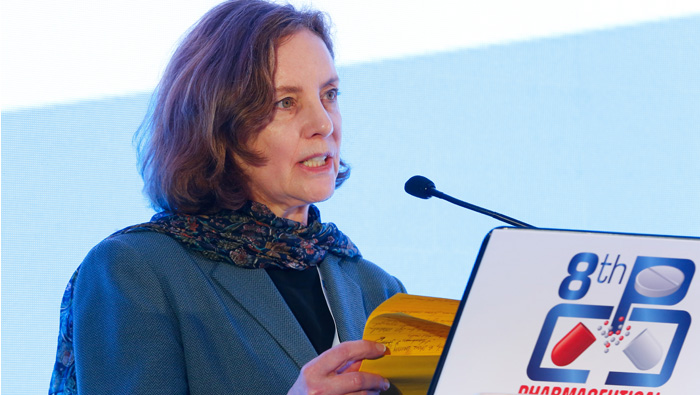
Muscat: Collaboration and knowledge exchange play a vital role in reducing unsafe medical practices and transforming healthcare systems in Oman and abroad, health experts attending the 8th Pharmaceutical Care Conference in Muscat have said.
Speaking exclusively to the Times of Oman, Sylvia Hyland, Vice-President and Chief Operating Officer of the Institute for Safe Medication Practices Canada (ISMP Canada), said, “This international pharmaceutical care conference in Oman is an incredible opportunity to share information among countries, so that we can work together to advance safety in medicines. Both countries are interested in supporting the World Health Organisation (WHO) patient safety challenge, titled ‘Medication Without Harm’. Both countries will want to learn from each other.”
She added: “One thing Canada has done is implementing the National Medication Reconciliation Strategy across the country. It is a programme to help make sure that medication information is accurate and complete during transitions of care. Also, we have training programmes and have built medication reconciliation into quality improvement.
“Another such initiative is a campaign to engage patients. One other opportunity is technology, which is changing so quickly. So, how do countries learn from each other to make information readily available to patients’ families and healthcare providers? That’s another opportunity because change happens rapidly and we can learn how to apply that for medication safety.”
Dr Agnes Soucat, Director for Health Systems, Governance and Financing at WHO, also said: “It’s a lot about how we can set up a mechanism to review evidence and establish institutional processes so that countries can make choices about how to subsidise healthcare for everybody and enhance quality.”
“Oman has a very mature health system. The country has done a lot and achieved a lot in terms of progress in health and financial protection,” Soucat said, adding: “But, there are new challenges in the 21st century. Now, you have lifestyle diseases particularly linked to consumption of sugar and sweetened beverages, and smoking. That requires a different type of intervention, a system that is able to foster and promote behavioural change. Then, there are environmental challenges. Climate change might lead to the appearance of new diseases.”
“We’ve seen it with zika in Brazil, ebola, and H1N1. So, it’s a lot about transformation of the system to face new challenges. That is the case for most high-income or upper middle-income countries. They have achieved a lot, but they have to transform and be more efficient and use their money better.”
Meanwhile, the three-day event will include the presentation of 39 working papers, in addition to 17 workshops and eight plenary sessions.
An exhibition is also concurrently being held, featuring the latest medical equipment developed by some of the world’s largest pharmaceutical companies. Dozens of pharmacists and medical experts from around the world are in attendance, including representatives from the American Society of Health-System Pharmacists, and the Organisation for Economic Cooperation and Development (OECD), among other international institutions.